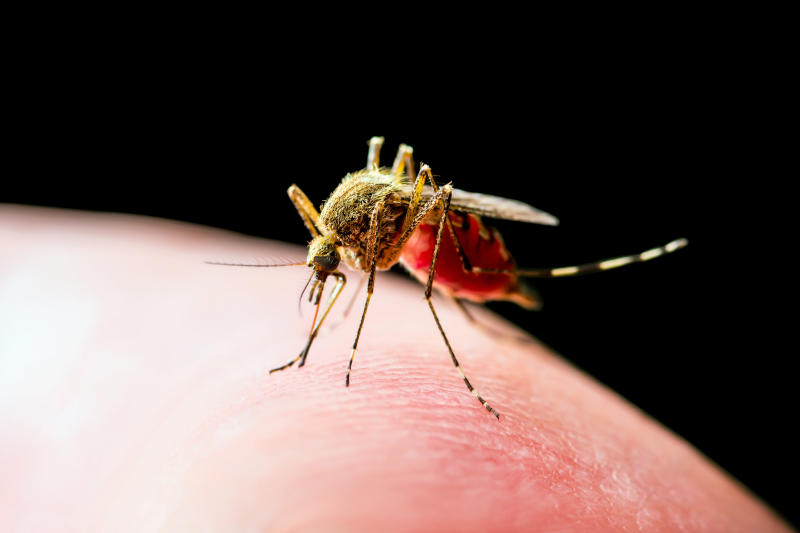Mosquito insect [Courtesy]
×
The Standard e-Paper
Join Thousands Daily

Mosquito insect [Courtesy]
An approval by a US-based environmental agency to release 2.4 billion Genetically Modified Mosquitoes has sparked debate.